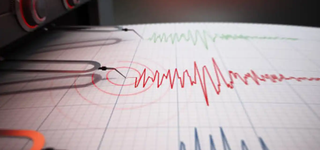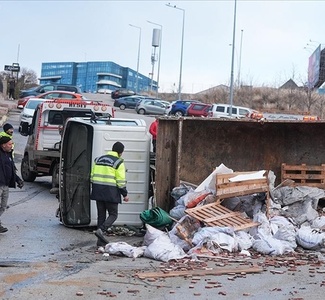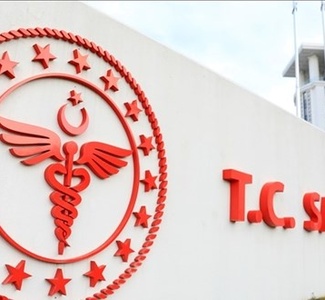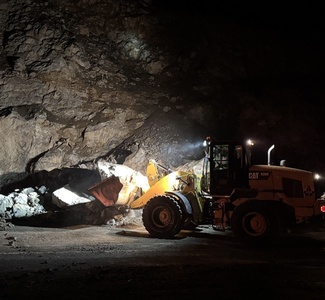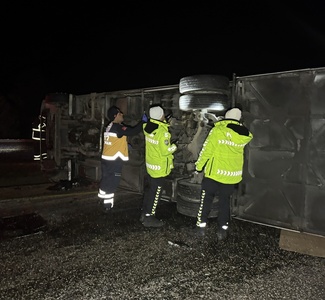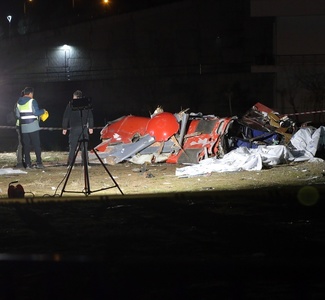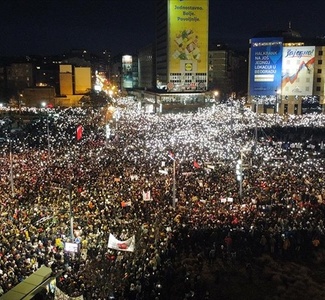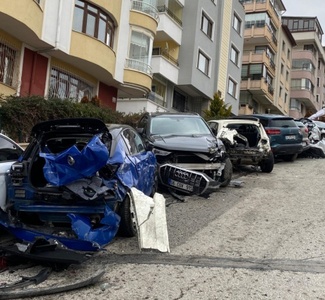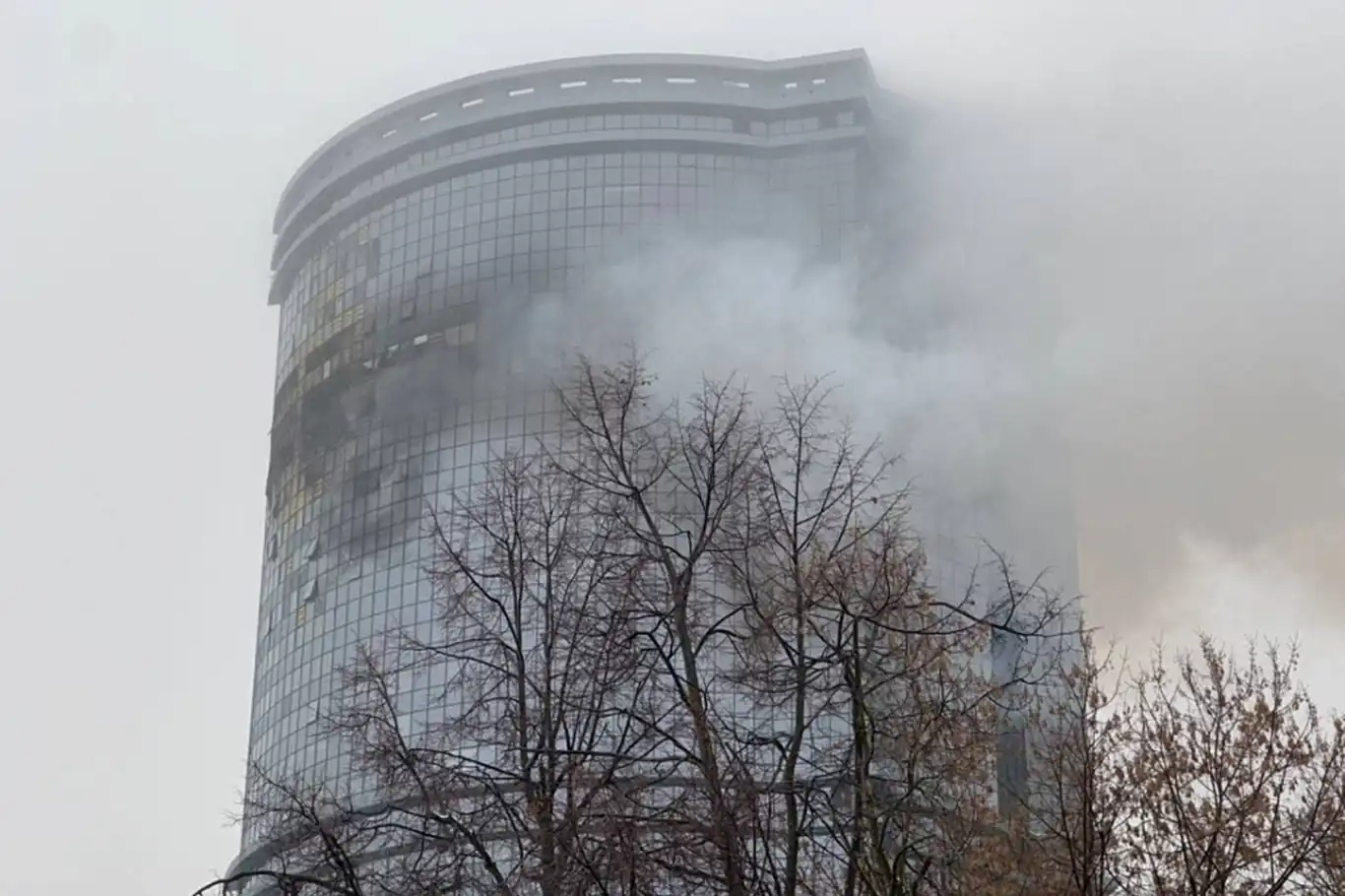Fukushima begins third release of treated radioactive wastewater into the sea
The Fukushima No. 1 nuclear power plant, which suffered severe damage from a tsunami, commenced its third phase of discharging treated radioactive wastewater into the ocean.

 Google News'te Doğruhaber'e abone olun.
Google News'te Doğruhaber'e abone olun. Japanese officials confirmed the smooth completion of the initial two releases, leading to the initiation of the third discharge on Thursday.
According to Tokyo Electric Power Company Holdings (TEPCO), 7,800 tons of treated water were released in the first two stages. The current batch, set to continue until November 20, will also discharge the same volume. The process involves diluting the treated water with substantial amounts of seawater using pumps, gradually channeling the mixture through an undersea tunnel into the Pacific Ocean for offshore release.
The initial release of wastewater began in August and is expected to persist for decades. Approximately 1.34 million tons of radioactive wastewater are stored in around 1,000 tanks at the plant, accumulating since the 2011 earthquake and tsunami severely impacted the facility.
TEPCO and the government argue that the discharge into the ocean is necessary due to near-full storage tanks and the essential decommissioning of the plant. This move has faced opposition from fishing groups and neighboring countries such as South Korea, resulting in protests and import bans, notably China's prohibition on Japanese seafood.
In response, Japan's government established a relief fund to explore new markets and mitigate the effects of the seafood ban. Efforts led by central and local authorities have urged the consumption of fish to support Fukushima, gaining traction among consumers.
Before the release, the wastewater undergoes treatment to eliminate as much radioactivity as possible and is significantly diluted with seawater. While TEPCO and the government claim the process is safe, some scientists emphasize the need for vigilant monitoring due to its unprecedented nature.
Thus far, samples collected by TEPCO and the government have detected tritium at levels below the World Health Organization’s drinking water standards. However, a recent incident involved two workers exposed to radioactive waste while cleaning piping at the water treatment facility.
Despite opposition, the International Atomic Energy Agency (IAEA) has affirmed that if the planned release continues, it would have a minimal impact on the environment, marine life, and human health. Officials from an IAEA mission reported being reassured by the smooth operation observed thus far. (ILKHA)































